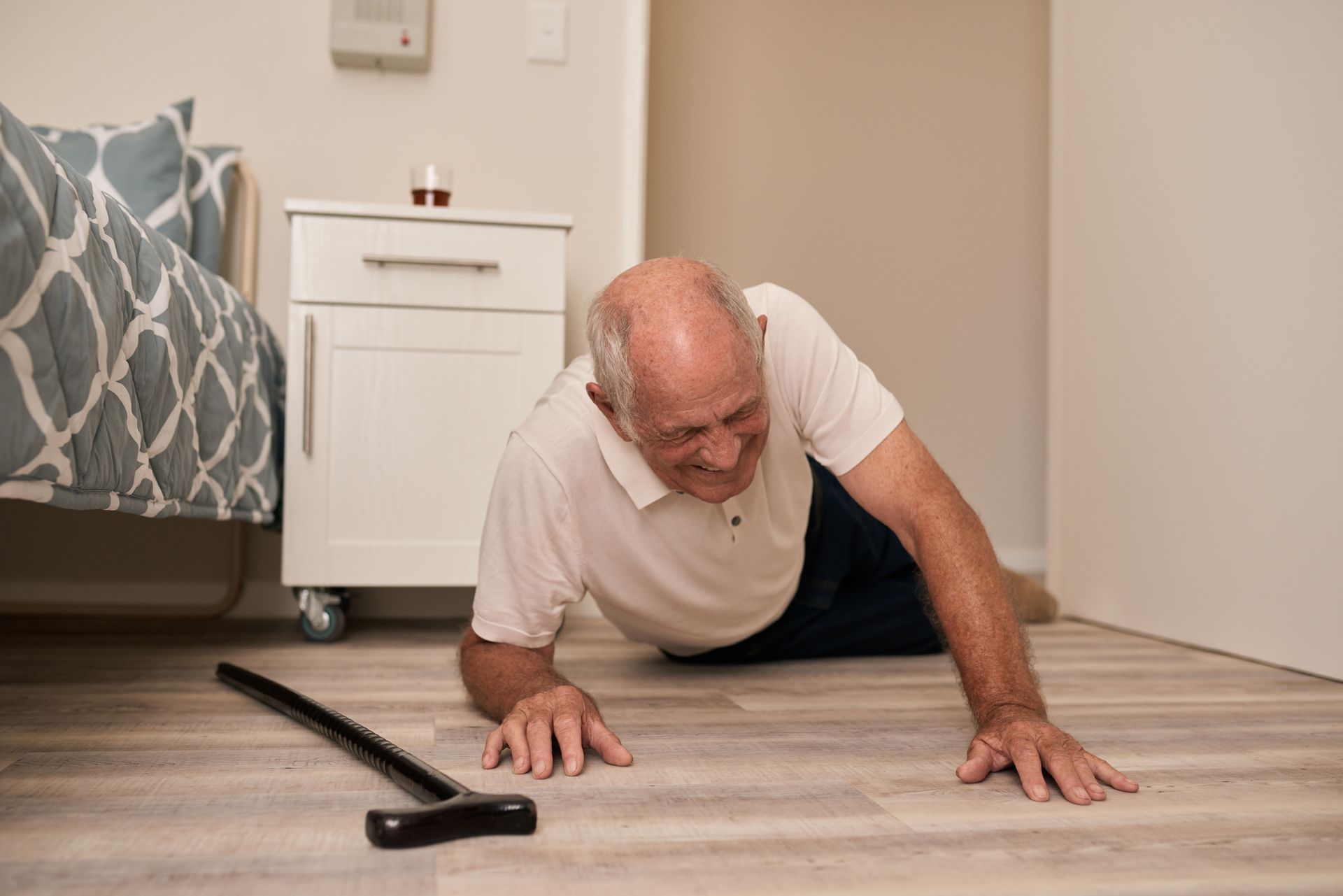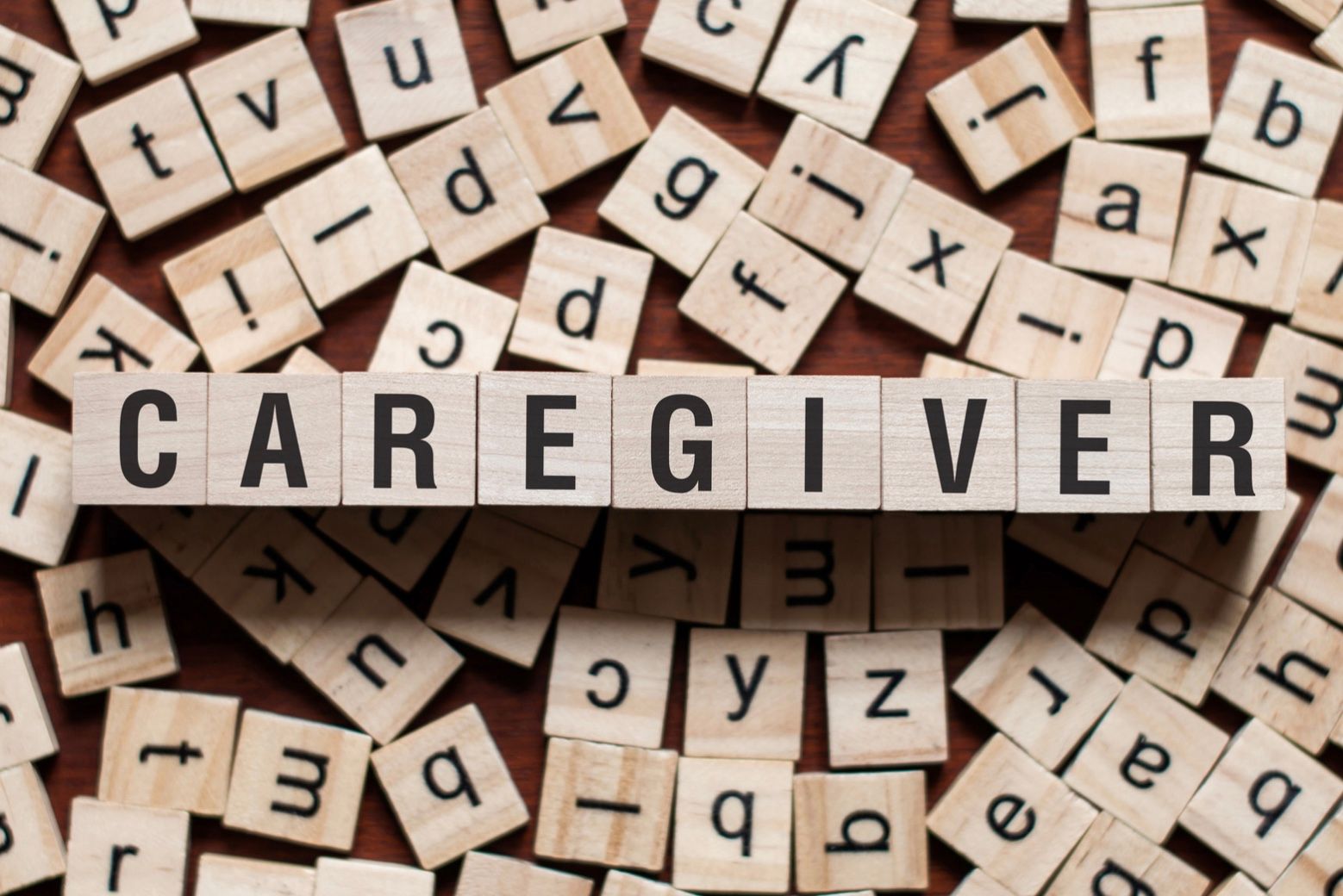Blog

As caregivers, we play a crucial role in ensuring the well-being of our seniors. As they gracefully age, it becomes imperative to prioritize their health and incorporate habits that contribute to a fulfilling and vibrant life. Here, we present 10 essential health tips tailored to support seniors on their transformative journey, providing caregivers with valuable insights into fostering optimal wellness. 1. Stay Active: Encouraging seniors to engage in daily walks or chair exercises is not only beneficial for their physical health but also has positive impacts on their mental well-being. Consider integrating light physical activities into their routine, promoting mobility and flexibility. 2. Prioritize Mental Well-being: The aging process can bring unique challenges to mental health. Caregivers should stimulate seniors' minds through activities such as puzzles, reading, or learning new skills. Facilitate social connections with friends and family to combat feelings of isolation, nurturing cognitive abilities. 3. Balanced Nutrition: A well-rounded diet is the cornerstone of good health. Caregivers should focus on providing seniors with a variety of nutrient-dense foods, including fruits, vegetables, lean proteins, and whole grains. Adequate hydration is equally crucial for supporting bodily functions. 4. Regular Health Check-ups: Proactive healthcare involves regular check-ups with healthcare providers. Caregivers play a vital role in facilitating these appointments, ensuring monitoring of vital indicators for early detection and effective management of potential health issues. 5. Adequate Sleep: Quality sleep is fundamental for overall health. Caregivers should assist seniors in establishing a consistent sleep schedule, creating a comfortable sleep environment, and addressing any sleep-related issues promptly. Quality rest supports physical recovery and cognitive function. 6. Medication Management: Given that seniors often manage multiple medications, caregivers can aid in organizing pills using pill organizers. Regularly reviewing medications with healthcare providers ensures accurate dosages and minimizes the risk of adverse effects. 7. Fall Prevention: Caregivers should actively contribute to minimizing fall risks for seniors. Keeping living spaces well-lit, removing tripping hazards, and incorporating balance exercises into daily routines are essential steps. Regular eye check-ups contribute to maintaining spatial awareness and preventing accidents. 8. Hygiene and Self-Care: Caregivers play a pivotal role in prioritizing personal hygiene and self-care routines for seniors. Regular grooming not only supports physical health but also contributes to a positive self-image and mental well-being. 9. Manage Stress: Chronic stress can adversely impact senior health. Caregivers can assist in integrating stress-reducing activities into seniors' routines, such as meditation, deep breathing exercises, or spending time in nature. Managing stress is crucial for maintaining overall well-being. 10. Embrace Technology: In the digital age, technology can be a valuable ally for seniors. Caregivers should facilitate the use of technology to keep seniors connected with loved ones through video calls. Exploring health apps for fitness tracking and considering telehealth options for healthcare consultations can enhance their overall well-being. Conclusion: As caregivers, adopting these comprehensive tips into the daily care routine can contribute significantly to the holistic health of seniors. These small lifestyle changes not only elevate their physical, mental, and emotional well-being but also ensure a rewarding and vibrant senior journey. By prioritizing these health tips, caregivers play a crucial role in enhancing the quality of life for the seniors under their care.

Creating a safe and secure home environment is of paramount importance, especially for individuals receiving homecare services. As a trusted homecare agency, Christian Sitters recognizes the significance of a safe living space for the well-being and peace of mind of both clients and their families. In this blog post, we present a comprehensive checklist to help you ensure a safe and secure home environment.

Loneliness can be a deeply challenging experience for individuals of any age, but it can have particularly significant consequences for the elderly. As we age, social connections become increasingly important for our mental and physical health. In this blog post, we explore the profound effects of elderly loneliness on their overall wellbeing, highlighting the importance of addressing this issue and offering potential solutions.



